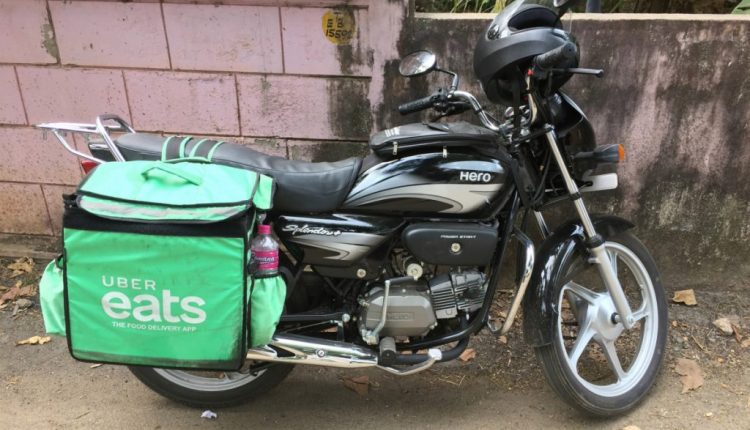Uber offloads Indian food delivery business to Zomato in all-stock deal
Uber has offloaded its Indian Uber Eats business to local rival Zomato, one month after reports first emerged that the U.S. company was in advanced talks to move away from food delivery in India after failing to gain sufficient traction.
The all-stock transaction sees Uber gain a 9.99% stake in Zomato. It also represents part of a wider trend across Uber’s business that has seen it consolidate its various businesses through divestments and acquisitions.
While Uber continues to cut its losses in the push for profitability, Uber Eats represents its fastest growing unit, with sales growing 64% in the past year thanks to a customer base of well over 90 million active users globally. But Uber faces significant competition both domestically and abroad. Since its Indian debut back in May, 2017, Uber Eats has struggled against local players including well-funded Swiggy and Zomato — just last week, Gurgaon-based Zomato raised a fresh $150 million in financing from Alibaba’s Ant Financial at a $3 billion valuation.
For Uber, it makes little sense hemorrhaging cash chasing larger and longer-established local players when it can instead focus its efforts on markets where it is a market leader. It’s also worth noting that Uber remains one of the top ride-hailing companies in India, so this move also lets it concentrate more on the transport side of its business. Moreover, as a future IPO-contender, owning a near-10% stake in Zomato could prove very fruitful in the long run for Uber.
“Our Uber Eats team in India has achieved an incredible amount over the last two years, and I couldn’t be prouder of their ingenuity and dedication,” noted Uber CEO Dara Khosrowshahi, in a statement. “India remains an exceptionally important market to Uber and we will continue to invest in growing our local rides business, which is already the clear category leader.”
The Zomato transaction is one of several similar deals Uber has pursued in recent years as it has sought to turnaround its business. In the ride-hailing realm, Uber sold its Chinese business to local etaxi giant Didi Chuxing in a $35 billion deal back in 2016, which was followed by a merger with Yandex.taxi in Eastern Europe a year later. Elsewhere, Uber unfurled the white flag on its Southeast Asian adventure in 2018 when it folded its business into Singapore-based rival Grab. But it’s not all about selling — last year, Uber confirmed plans to acquire Middle Eastern competitor Careem for $3.1 billion, a deal that closed just a few weeks ago.
From today, Uber Eats in India is effectively no more, and all restaurants, delivery drivers, and Uber Eats customers will be directed toward Zomato’s platform.


